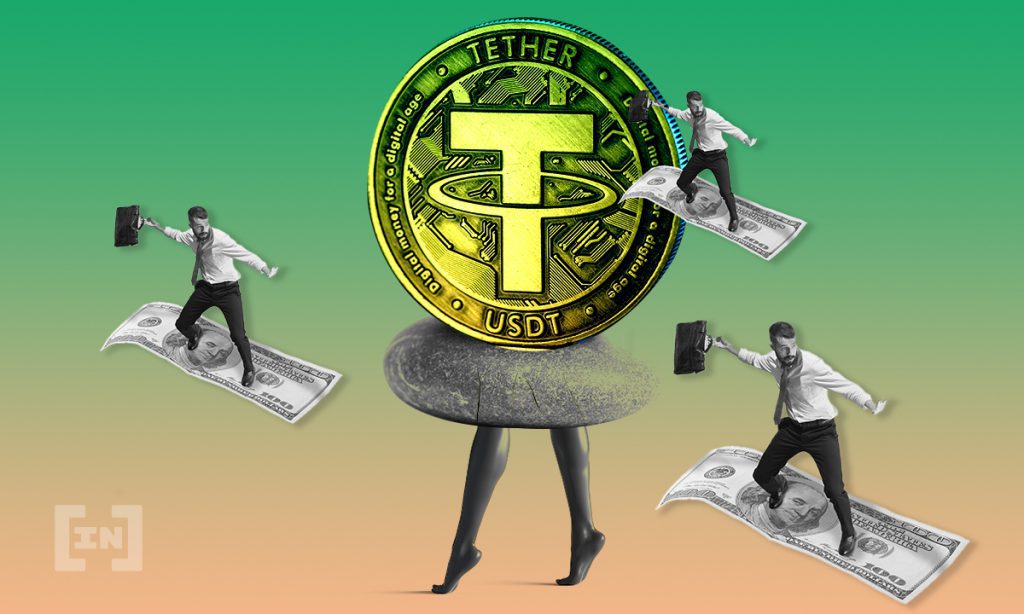Tether is facing another lawsuit over the backing of its supply. A lawsuit was filed in New York, alleging that Tether had made false or misleading claims about its reserves.
Tether has had another class-action lawsuit filed against it, according to a filing made in a district court in the southern district of New York. The plaintiffs, Matthew Anderson and Shawn Dolifka, allege that Tether’s statements that its USDT tokens were backed by the U.S. dollar on a 1:1 basis were not true. They point to investigations by the New York State Attorney General and the Commodity Futures Trading Commission as support for their allegations.
The plaintiffs also called Tether’s practices “immoral, unethical, oppressive and unscrupulous” in the filing. Tether itself roundly dismissed the lawsuit, saying that it was nonsense and that it was merely a cash grab. The response called the lawsuit,
Shameless money grabs, for which this lawsuit is a textbook example, will never be dignified by way of paying one Satoshi in a settlement.
Tether will also follow up with its own litigation and seek compensation for the efforts. This is not the first lawsuit that Tether has faced this year, after a price manipulation lawsuit that was filed around the middle of the year.
And that’s far from the only incidents that Tether has faced this year. The Department of Justice is conducting a probe to assess whether Tether executives conducted bank fraud, and it settled the case with the New York AG, paying $18.5 million in February.
All eyes on Tether
Following the host of incidents, Tether has been forced to make itself more amenable to regulators. Late last month, the company said that it would cooperate with lawmakers on a global level to ensure that it met compliance standards. It’s also putting more of an effort into conducting audits.
But still, it remains one of the most controversial assets in the market. Its tendency to mint USDT has also attracted a lot of criticism. Most recently, anti-junta groups in Myanmar have begun using USDT to fund resistance efforts, declaring it their official currency.
Tether is not the only stablecoin to nab the attention of lawmakers. Stablecoins, in general, are a pressing concern for authorities, who fear that they might infringe on the sovereignty of national currencies. Since USDT is the most popular stablecoin, authorities have focused most of their attention on it.
Disclaimer
All the information contained on our website is published in good faith and for general information purposes only. Any action the reader takes upon the information found on our website is strictly at their own risk.


